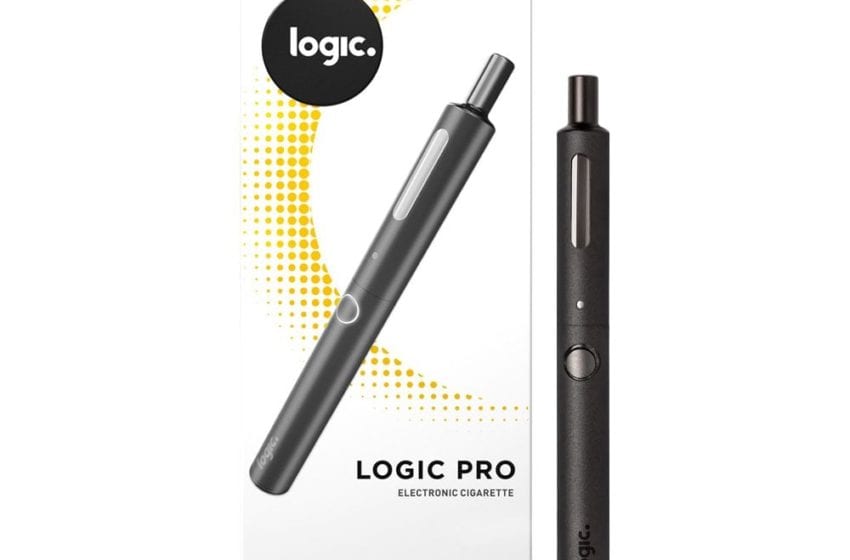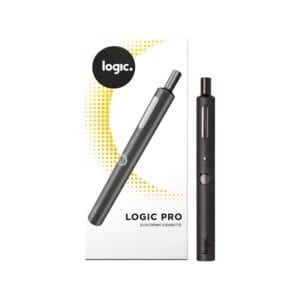An estimated 2,500-3,000 people visited the Tobacco Plus Expo (TPE) on the opening day of the 3-day event. The TPE is normally the first industry trade show of the year. Before the show floor opened, several hundred attendees waited at the entrance to see the more 350 exhibitors.

This year, due to the Covid-19 pandemic, the show was moved to May from its typical January date. It is also the first major trade show to be held at the Las Vegas Convention Center (LVCC) since it closed in March of 2020. There is a noticeable reduction in the number of nicotine vaping companies showing on the floor. There are however numerous CBD companies presenting, with most pushing their Delta-8 products.
Several attendees said they were surprised by the size of this year’s show and the turnout. George Cassels-Smith, president of eLiquitech, a Maryland based e-liquid manufacturer and flavoring house, said it was more than he expected. “The turnout was much more than I thought, there were people talking and enjoying a return to a bit of normalcy,” he said. “It was nice to see friends and associates that we haven’t seen in over a year.”
Several new products are launched during the TPE. This year, Southern California-based Humble Juice Co., for example, recently released its new e-liquid flavor, Sweet Citrus. The company also had several core product offerings, all of which were included in the brand’s premarket tobacco product application (PMTA) submitted to the Food and Drug Administration in Sept. of 2020.
“We are excited that Humble Juice Co. will be back at Tobacco Plus Expo in the flesh after last year’s event taking place virtually,” said Daniel Clark, CEO of Humble. “Humble is one of the e-liquid brands that have completed the preliminary PMTA review phase and is awaiting the start of the substantive review process. We are proud to introduce those attending TPE to our brand and share information about our focus on compliance and quality products.”
Bantam Vape also showcased several of its products that have a PMTA submitted including Sour Strawberry, Jasmine Milk Tea and Butterscotch. The brand’s PMTA application is currently queued for formal scientific review with the FDA.
“We will be sharing our science-backed, PMTA-filed flavors with buyers and will have brand reps [available] to answer questions face-to-face,” said Bantam Director of Sales Michelle Gottlich. “TPE poses an exciting opportunity to share our high-quality products with other established leaders in the vaping category.”
The TPE also has several cigar companies, hookah and other tobacco-affiliated products. The show does require wearing a face covering unless vaping, eating or drinking. The TPE runs from May 12-14. The TPE was ranked as one of the top 50 fastest growing trade shows in 2018 and 2019.





















